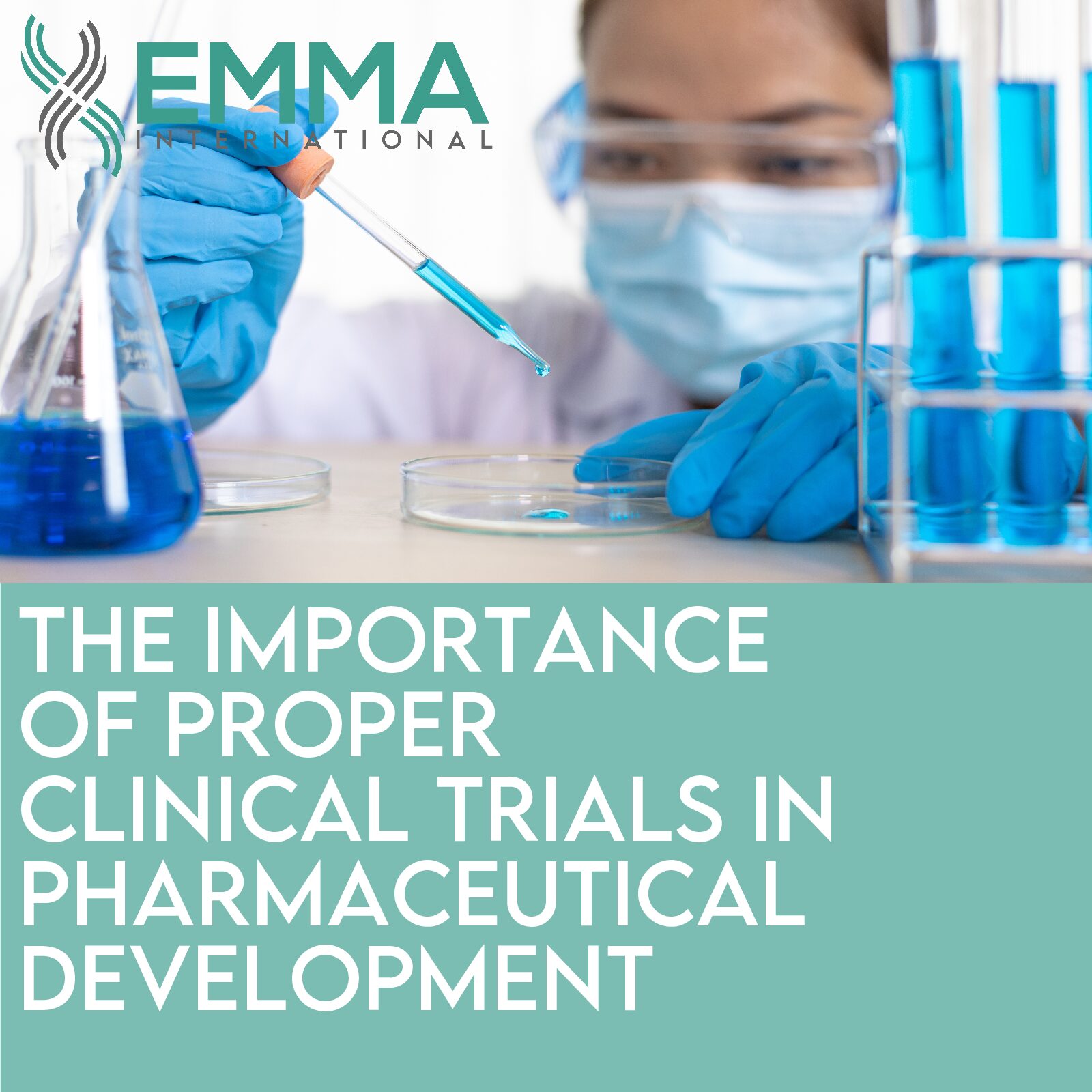Over the counter (OTC) drugs stand as accessible remedies for common ailments, ranging from headaches to allergies. To ensure the safety, efficacy, and quality of these products, the FDA employs a regulatory framework known as an OTC Monograph. In this blog, we delve into the intricacies of FDA OTC Monographs, shedding light on their purpose, structure, and significance in safeguarding public health.
The OTC Monographs serve as a comprehensive regulatory system for evaluating and regulating non-prescription drugs sold directly to consumers without a prescription. These monographs outline the conditions under which specific active ingredients, dosage forms, indications, and labeling for OTC drugs are generally recognized as safe and effective (GRASE).
An OTC Monograph specifies the active ingredients that are considered GRASE for use in OTC drug products. These ingredients undergo rigorous evaluation to establish their safety and efficacy for self-administration by consumers. Additionally, monographs also provide guidance on acceptable dosage forms (e.g., tablets, creams, sprays) and approved indications for each OTC drug category. These specifications ensure consistency in product formulation and labeling across different manufacturers.
As with other regulatory requirements, OTC Monographs outline labeling requirements, including the format and content of drug labels, packaging, and patient information leaflets. Clear and accurate labeling is essential to provide consumers with information about the proper use, dosage, and potential risks of OTC drugs.
To ensure the appropriate amount of testing is completed for these products to protect public health, OTC monographs establish quality standards for the testing, manufacturing, and packaging of OTC drug products. These standards encompass criteria such as identity, strength, purity, and stability to ensure product quality and consistency.
Manufacturers of OTC drug products are required to comply with the specifications outlined in the applicable OTC Monographs. The FDA oversees compliance through inspections, sampling, and surveillance activities and takes enforcement action against products that fail to meet regulatory requirements. Unlike prescription drugs, products regulated under OTC monographs do not require a premarket submission.
The following is the timeline for how OTC Monographs are developed by the FDA:
- Monograph Development: The FDA initiates the development or revision of OTC Monographs through a public rulemaking process, which involves soliciting input from stakeholders, including industry representatives, healthcare professionals, consumer advocacy groups, and the public.
- Scientific Review and Evaluation: Proposed OTC Monographs undergo rigorous scientific review and evaluation by FDA experts to assess the safety, efficacy, and quality of the active ingredients and dosage forms. This process may involve the review of scientific data, clinical studies, and public comments.
- Publication and Implementation: Once finalized, OTC Monographs are published in the Federal Register and become legally binding regulations. Manufacturers are required to comply with the specifications outlined in the Monographs for the marketing and distribution of OTC drug products.
OTC Monographs are periodically reviewed and updated to reflect advances in scientific knowledge, changes in public health needs, and emerging safety concerns. Stakeholder input and scientific evidence inform the revision process to ensure the continued safety and effectiveness of OTC drug products.
The FDA OTC Monographs play a crucial role in ensuring the safety, efficacy, and quality of non-prescription drug products available to consumers. By providing clear regulatory standards and guidance, OTC Monographs help streamline the regulatory process, promote innovation, and protect public health. If you need support ensuring that your OTC drug complies with the appropriate monographs, the experts at EMMA can help! Give us a call at 248-987-4497 or email info@emmainternational.com to learn more.
FDA (Oct 2023) OTC Drug Review Process | OTC Drug Monographs retrieved from: https://www.fda.gov/drugs/otc-drug-review-process-otc-drug-monographs





